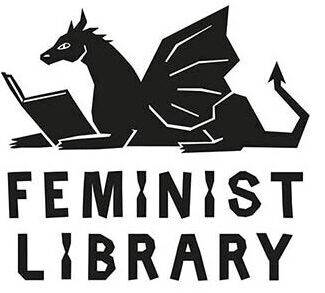Reviewed: Linda Grant, We Had It So Good
 It’s open season on baby boomers. Born in the aftermath of World War Two, we are now in our 60s, living it up – allegedly – on our huge pensions, clogging up the transport system with our Freedom Passes and steering clear of bookshops for fear that someone will have published yet another new volume with a title like The Pinch: How the Baby Boomers Took Their Children’s Future, or What Did The Baby Boomers Ever Do For Us?
It’s open season on baby boomers. Born in the aftermath of World War Two, we are now in our 60s, living it up – allegedly – on our huge pensions, clogging up the transport system with our Freedom Passes and steering clear of bookshops for fear that someone will have published yet another new volume with a title like The Pinch: How the Baby Boomers Took Their Children’s Future, or What Did The Baby Boomers Ever Do For Us?
So when I heard that Booker-shortlisted novelist Linda Grant had written a novel about university students of the late 1960s, and what happened to them afterwards, I sought it out. Perhaps Grant (born 1951) was going to polish up our image.
But the baby-boomer characters in We Had It So Good are a lacklustre bunch. They include Stephen, a young Californian who arrives in Oxford in 1968 on a Rhodes scholarship, gets sent down for vandalising a library book, and marries fellow-student Andrea to avoid being sent home and drafted. Andrea’s friend Grace is a poor little rich girl (“one of the ways my father went on controlling me was by putting money into my bank account”); another friend is a man called Ivan who sets up an austere anarchist squat in Islington, but escapes its discomforts to pop home to Mum and Dad’s place for proper food and a hot bath.
They are all recognizable types from that era, as would be some genuine idealists, some real poverty, some people who didn’t go to Oxford, and some serious political thought and effective activism, particularly in the realm of sexual politics. But women’s liberation, gay rights, the big industrial conflicts of the 70s and 80s, and solidarity with the put-upon peoples of Chile, southern Africa, Vietnam and Northern Ireland, are only nodded at on the pages of We Had It So Good. Stephen and Andrea evolve from anarchist squatters to Islington homeowners, he working as a BBC producer, she as a psychotherapist. Either or both of these career moves could have provided insights into what happens when idealists grow old, but because they are reported on rather than shown or examined, it’s hard to avoid a yawn at the sheer obviousness of it all.
The discomforts of reading We Had It So Good come not just from its content but also from its style. Tenses change arbitrarily, as does the point of view. A non-participating narrator tosses in remarks such as “Stephen Newman was likeable” (to whom is not clear), and clairvoyant commentary about what will one day appear on Google (once it has been invented), and what Stephen and Andrea’s children (once they have been conceived and borne, and have learned to talk) will say about their parents’ hippie past. Important “facts” about Stephen’s father’s background, presented from an apparently reliable authorial point of view, turn out to be lies.
Perhaps I deserved to be disappointed with We Had It So Good. I ought to have known that it’s not the job of novelists to make readers feel good about themselves. There are moments which sparkle: I enjoyed reading about Stephen’s secret addiction to imported American candy bars, and the careers that his and Andrea’s children follow: son Max becomes a magician, daughter Marianne a war photographer. Meanwhile, Stephen and ageing pal Ivan (soon to set off for a sun-soaked retirement on the Caribbean) bemoan the fact that their generation is so much less interesting and heroic than either the one that went before or the one that came after. And they’re right, they are less interesting, but only because that is how Linda Grant has chosen to portray them.
We Had It So Good by Linda Grant (Virago, 2011)
Reviewed by Zoe Fairbairns
